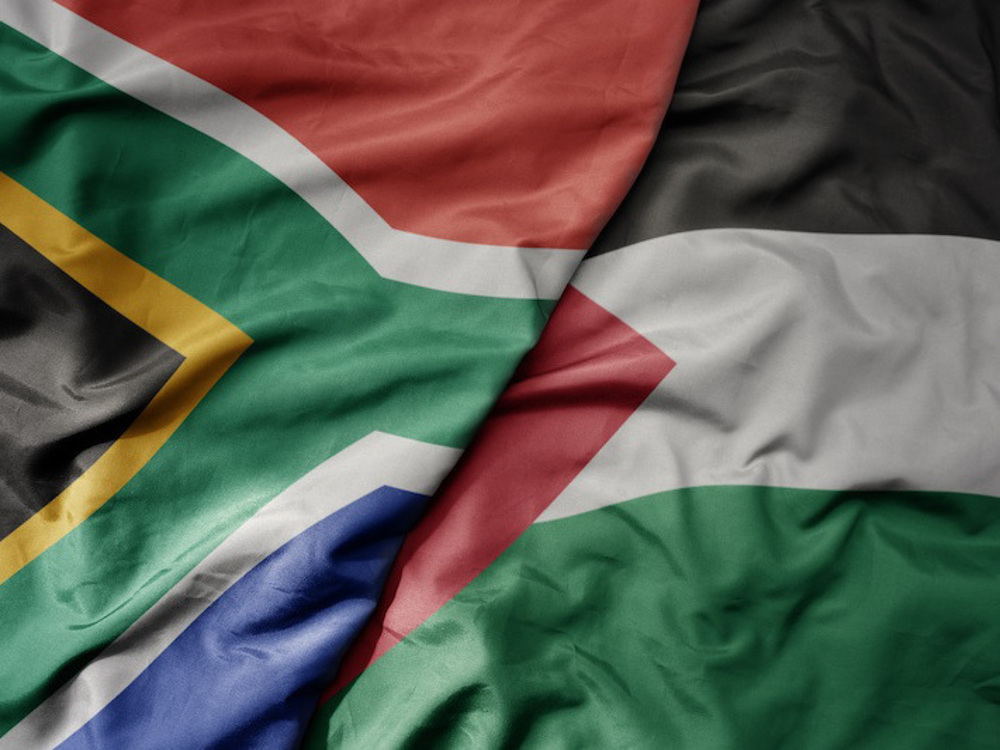Poverty and state abuse, not religion, push Africans toward militants, says UN
The United Nations says poverty and state violence, not religion, are driving young Africans to join militant groups as a number of Takfiri extremist groups are wreaking havoc across the continent.
The UN Development Programme (UNDP) said in a statement on Thursday that it was easiest for terrorist outfits like al-Shabab and Boko Haram to recruit young people who were unemployed and frustrated about lack of opportunities and services in remote areas.
“Contrary to popular narratives, those who join extremist groups tend to have lower levels of religious or formal education and less understanding of the meaning of religious texts,” the statement read, adding, “Actually understanding one’s religion can strengthen resilience to the pull of extremism.”
This came after a team of researchers conducted a study based on interviews with almost 600 recruits. The interviews were carried out between 2015 and 2017 in six countries, including Kenya, Nigeria and Somalia, mostly in detention facilities.
Interviews with non-militant youths showed that receiving at least six years of religious schooling reduced the likelihood of joining an extremist group by a third.
Although more than half of interviewees cited religion as a reason for joining an extremist group, 57 percent did not read religious texts or understood little to nothing of them.
More than four in 10 said they were jobless before joining the terrorist groups. This is while 34 percent said employment was the most immediate need when they signed up.

But for many, the tipping point was state violence. About 70 percent of recruits said their “tipping point” was a government action, often the arrest or killing of a friend or relative by security forces.
“Such an individual could, upon witnessing or experiencing perceived abuse of power by the state, be tipped over the edge into extremism,” the report said.
According to researchers, people’s sense of neglect started in childhood with young people growing up to resent the lack of economic opportunities or chance of change and distrusting the state to provide services or respect human rights.
A separate report focusing on Mali by the charity Mercy Corps said on Thursday that community support for armed groups also forced young people to engage in acts of violence out of a sense of duty or in a bid to gain the respect from their neighbors,

The United Nations has recently said that Boko Haram group, whose brutal eight-year campaign in northeast Nigeria shows no sign of ending, accounted for more than half of 33,000 deaths caused by militant attacks in Africa between 2011 and 2016.
The Boko Haram militancy has left more than 20,000 people killed and around three million displaced. The group's militancy has also affected Nigeria’s neighbors like Chad, Cameroon and Niger.
Somalia, the long-chaotic Horn of Africa nation has been the scene of deadly clashes between government forces and al-Shabab militants since 2006. The group has also staged deadly cross-border attacks into neighboring Kenya.
In recent years, several militant attacks have been claimed in Mali by a powerful extremist alliance known as GSIM, which is a fusion of three Malian extremist groups with previous al-Qaeda links.
Extremists from al-Qaeda's North Africa branch have made a fortune over the last decade by abducting foreigners in the vast Sahel region and demanding enormous ransoms for their release.
VIDEO | Yemeni forces repel US-British attack, down F-18 Jet
Iran’s capabilities vast; enemy’s ‘maximum pressure’ policies all failed miserably: Senior official
Iran’s economy grew 2.7% y/y in Sep quarter: CBI
VIDEO | Freelancers in Gaza strive to stay online amid genocide
Mikati demands Israel's withdrawal from south Lebanon
Yemeni army strikes Israeli military sites with drones
‘Clock ticking’: UNRWA slams unjustifiable killing of children in Gaza
BP to be sued in Britain for supplying oil to Israel










 This makes it easy to access the Press TV website
This makes it easy to access the Press TV website